Matabeleland South province uplifted as a result of Government agricultural revival programmes
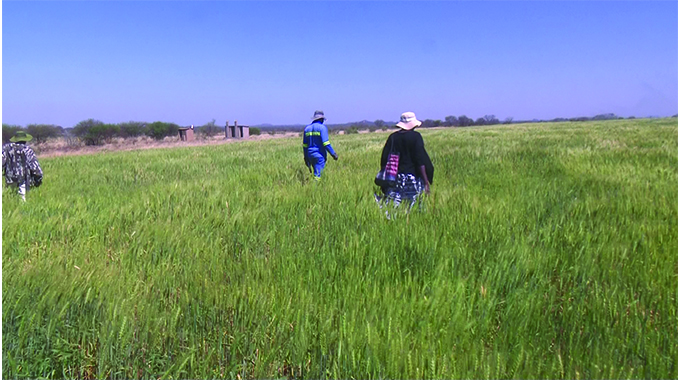
Sukulwenkosi Dube-MatutuMatabeleland South Bureau Chief
A NUMBER of communities in Matabeleland South province that were previously impoverished have been uplifted as a result of Government’s agricultural revival programmes.
The province falls under agro-ecological regions 4 and 5 where dry land cropping is a major challenge as a result of poor rains.
This has made it difficult for farmers to engage in successful crop production. The province is however, endowed with abundant underutilised water resources and good soils with vast potential for cropping under irrigation.
Government, working with various partners, has rehabilitated a number of irrigation schemes that were lying idle in the province in order to improve food and nutrition security and ensure the attainment of Vision 2030.
More irrigation schemes are being rehabilitated while new ones are being established.
Matabeleland South province has also benefited from solar-powered nutritional gardens.
The Second Republic is prioritising the revival of the agricultural sector in order to alleviate food insecurity and poverty, particularly in rural communities.
Government has also rolled out various agricultural schemes meant to transform subsistence agriculture to commercial agriculture.
Managers have been deployed to irrigation schemes across the country to maximise production thereby ensuring food security and nutrition.
Irrigation schemes that have been rehabilitated include Chikwalakwala Irrigation Scheme in Beitbridge, which had been grounded for the past 15 years, Sebasa, Artherstone and Guyu-Chelesa irrigation schemes in Gwanda, Silalatshani Irrigation Scheme in Insiza, Port Bury Irrigation Scheme in Umzingwane and Moza Irrigation Scheme in Bulilima, which was underutilised.
Mtshabezi Irrigation Scheme in Gwanda was recently revitalised after it had stalled for 87 years.
Also in Gwanda District, Makwe Irrigation Scheme, which is the largest communal irrigation in the district is under rehabilitation.
Other irrigation schemes that are set to be rehabilitated include Mankonkoni, Rustlers and Bambanani irrigation schemes.
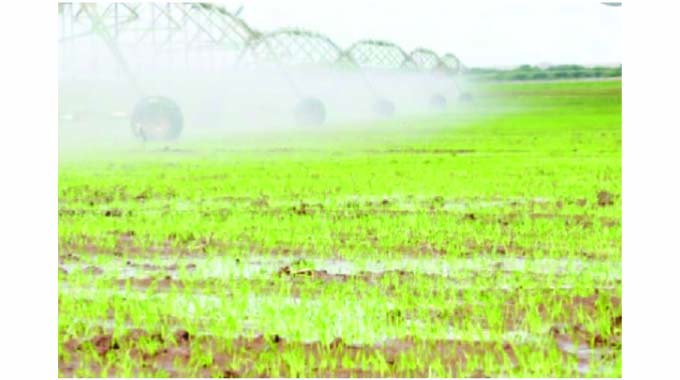
Guyu-Chelesa Irrigation Scheme was rehabilitated last year under the Smallholder Irrigation Revitalisation Programme (SIRP) after farmers had stopped their operations in 2017 due to water challenges.
The irrigation scheme, which was 32 hectares, was also expanded under the programme to 84 hectares.
Guyu-Chelesa Irrigation Scheme chairperson, Mr Gifford Moyo said they were slowly eliminating poverty in their community.
“We’re now on a recovery path thanks to the work that Government has done at the irrigation scheme.
Last year, we planted maize and sugar beans which we were able to consume with our families. We sold some of our produce as individuals. Farmers now have a source of income as a result of the rehabilitation of the scheme,” said Mr Moyo.
“We have produced 20 hectares under wheat which we’ll be harvesting soon. We’ll supply the wheat to the GMB (Grain Marketing Board) which means we’ll have more income.
We’re also looking forward to expanding our production so that we can plant the entire 84 hectares arable land that we have,” he added.
The chairperson of Zilenjani Garden in Diba Village, Bulilima District, Ms Sibongile Ngwenya said they were now able to sustain their families through selling produce they get from the garden.
The project was established by Government in partnership with Practical Action under the Planting for Progress project.
The garden has 32 farmers from two villages in Ward 2.
“We used to rely on small gardens and we didn’t get much income. Our garden is one hectare and we’re able to produce a variety of crops in significant amounts giving each member a decent income.
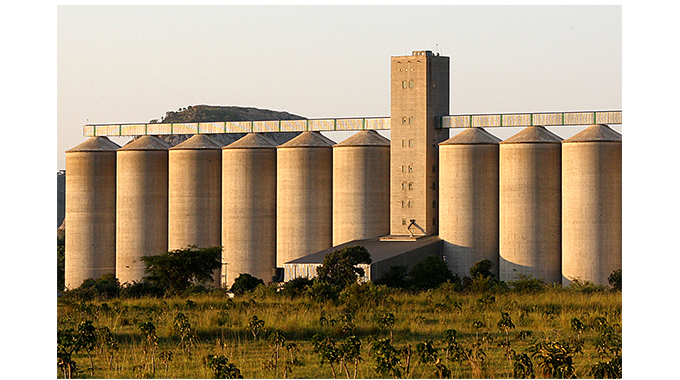
Grain Marketing Board (GMB)
Our chomolia and onions are ready for the market. We’ll be delivering some of our produce to Thekwane High School. Community members are also coming to buy from us,” she said.
Ms Ngwenya said their standard of production had greatly improved compared to the small gardens they were relying on previously. She said their livelihoods were set to improve greatly.
Sebasa Irrigation Scheme vice secretary Ms Sithokozile Ndlovu said their production level was now in full swing.
Their irrigation scheme was rehabilitated last year under the SIRP and has 112 farmers. Ms Ndlovu said they were able to record good sales from the crops they produced last year after their irrigation scheme was rehabilitated.
She said the funds have helped them cater for some of their major financial needs such as paying school fees for their children.
Ms Ndlovu said at the rate at which they were producing, they would soon realise higher earnings.
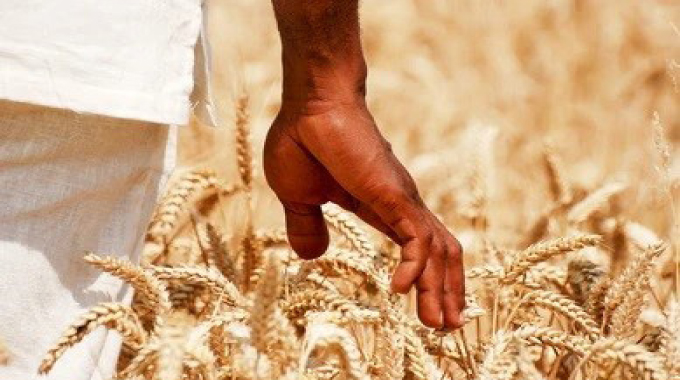
Wheat – Image taken from Shutterstock
Matabeleland South acting provincial agricultural director rural development services, Mr Mkhunjulelwa Ndlovu said efforts made by Government and its partners to develop the agricultural sector in the province were yielding positive results.
“When we look at the development of irrigation schemes and the establishment of nutritional gardens, we’re looking at huge economic benefits for communities. We see job creation, communities having a source of income thereby eliminating poverty.
In the long run, farmers will be able to start up hubs where they can process their produce such as producing bread from wheat and mealie-meal from maize,” he said.
“This will further increase the income of farmers and more jobs will be created. Livelihoods will greatly improve,” added Mr Ndlovu. — @DubeMatutu


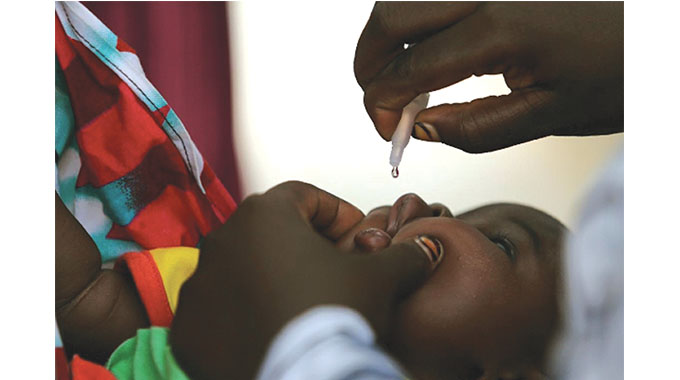








Comments